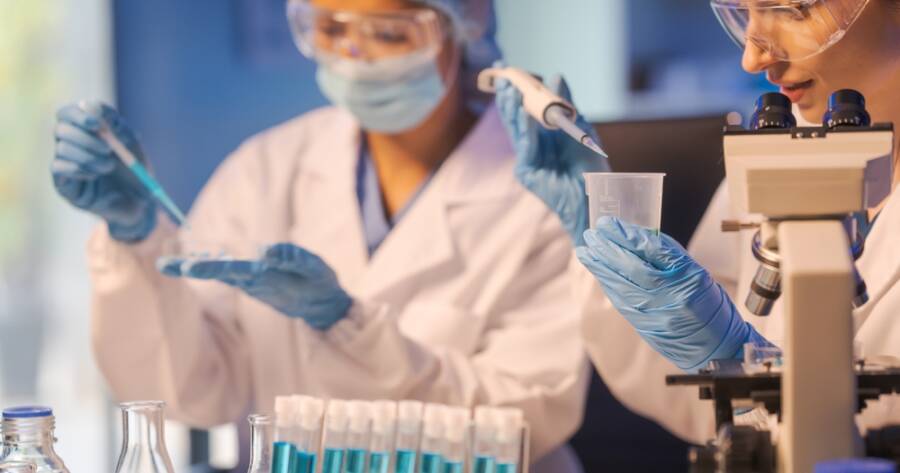Biobanking, the process of collecting and storing biological samples, is increasingly popular as a way for individuals to safeguard their DNA for potential future medical treatments. This proactive approach can provide people with the opportunity to benefit from advancements in personalized medicine, where treatments are tailored to genetic profiles. Additionally, biobanking can support early intervention for genetic conditions, allowing individuals to potentially detect and manage health risks before they fully develop, improving overall long-term health outcomes.
Advancements in Personalized Medicine
With rapid advancements in genetic research, personalized medicine is becoming a viable approach for treating diseases. Unlike traditional treatments that are designed for a broad population, personalized medicine aims to tailor treatments based on an individual’s unique genetic makeup. By storing their DNA, individuals may potentially access therapies that could be specifically designed to target their genetic predispositions. This could be particularly useful for individuals with a family history of certain diseases, as biobanking might allow them to benefit from targeted treatments in the future.
For example, if a new drug is developed to address a specific genetic mutation linked to cancer or a rare disease, individuals with that mutation who have banked their DNA might have an advantage. Their stored DNA could provide valuable information for doctors to develop customized treatment plans as such therapies become available.
Early Detection and Prevention of Genetic Disorders
Biobanking also opens the door to early detection and preventive strategies. Genetic analysis could potentially identify markers associated with specific health risks, allowing individuals to take preventive measures before symptoms develop. For example, genetic testing on stored DNA might reveal a predisposition to heart disease, allowing someone to make lifestyle changes, monitor symptoms closely, and seek early intervention if needed. This proactive approach to health may give individuals an opportunity to reduce their risk of serious conditions through early action.
Additionally, parents may choose to store their children’s DNA for potential future use. If their child is predisposed to a genetic condition, early detection might lead to early interventions or preventive treatments that could significantly improve long-term health outcomes.
Contribution to Medical Research
Biobanking also offers an opportunity for individuals to contribute to medical research. Researchers can use stored DNA samples to study the genetic basis of diseases, which could lead to new treatments and preventive measures for various conditions. In some cases, people choose to donate their DNA to biobanks specifically for this purpose, with the hope of advancing knowledge and improving healthcare for future generations. This collective data from biobanks can be particularly valuable in studying complex diseases like cancer, Alzheimer’s, and autoimmune disorders, where genetic factors play a significant role.
Potential for Future Regenerative Medicine
Regenerative medicine, which involves repairing or replacing damaged cells and tissues, may also benefit from biobanked DNA. In the future, advances in this field could allow doctors to use an individual’s stored DNA to grow cells, tissues, or even organs that are compatible with their body, reducing the risk of rejection. While this application is still largely experimental, the potential for biobanking in regenerative medicine may give individuals peace of mind about having options for treatment in the coming years.
Empowering Health Choices Through Biobanking
Biobanking offers a way for individuals to preserve their DNA for future treatments, with potential benefits in personalized medicine, early detection, and regenerative therapies. As genetic science advances, storing DNA could open doors to more targeted, effective healthcare options tailored to individual genetic profiles, allowing people to take a proactive approach to their health.
